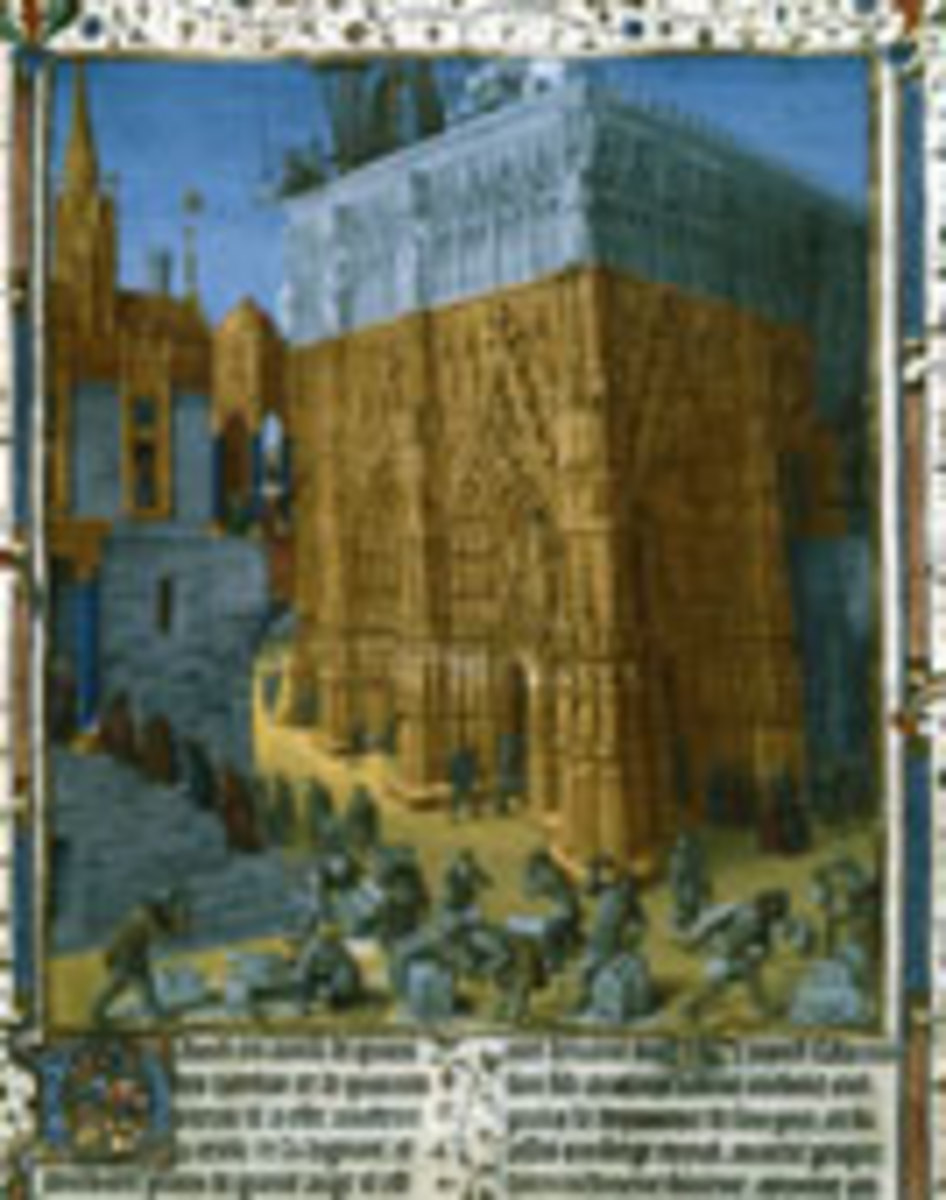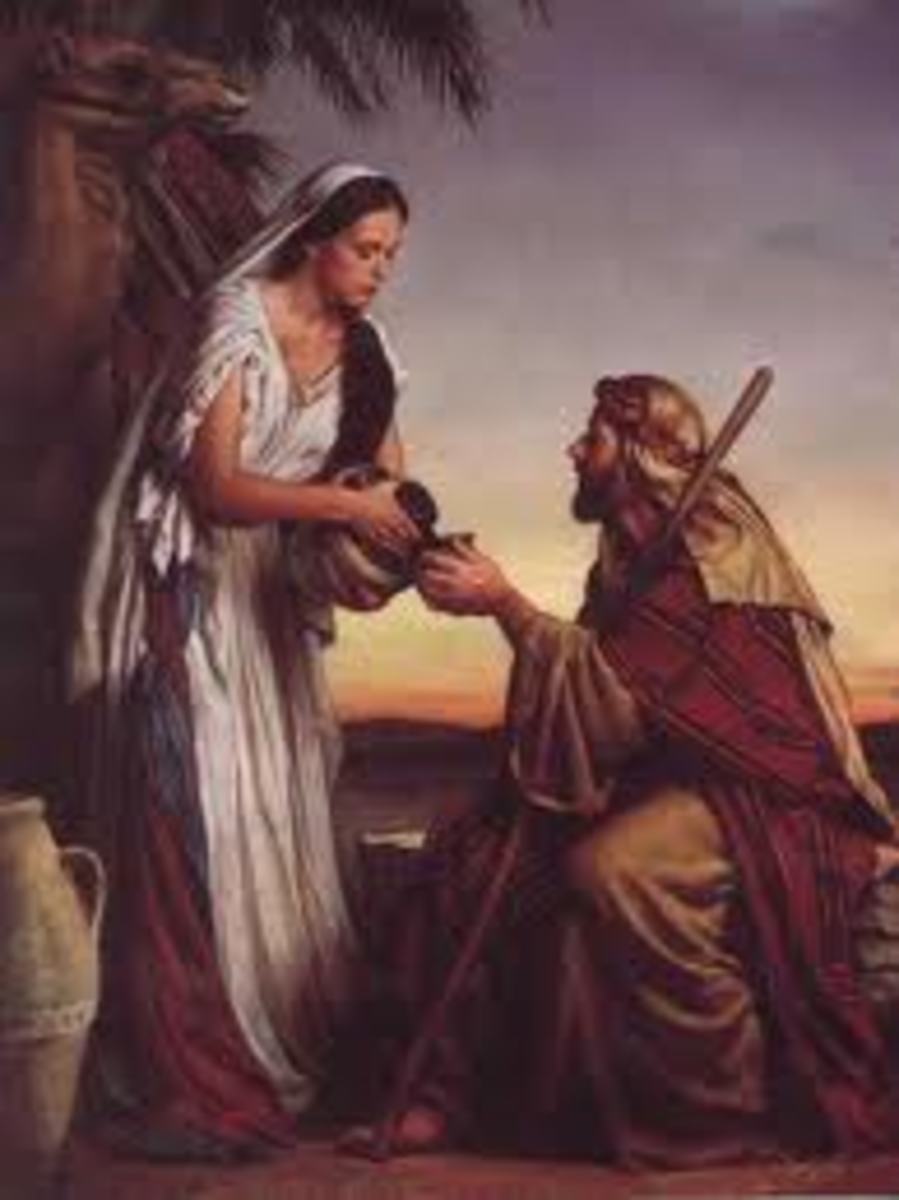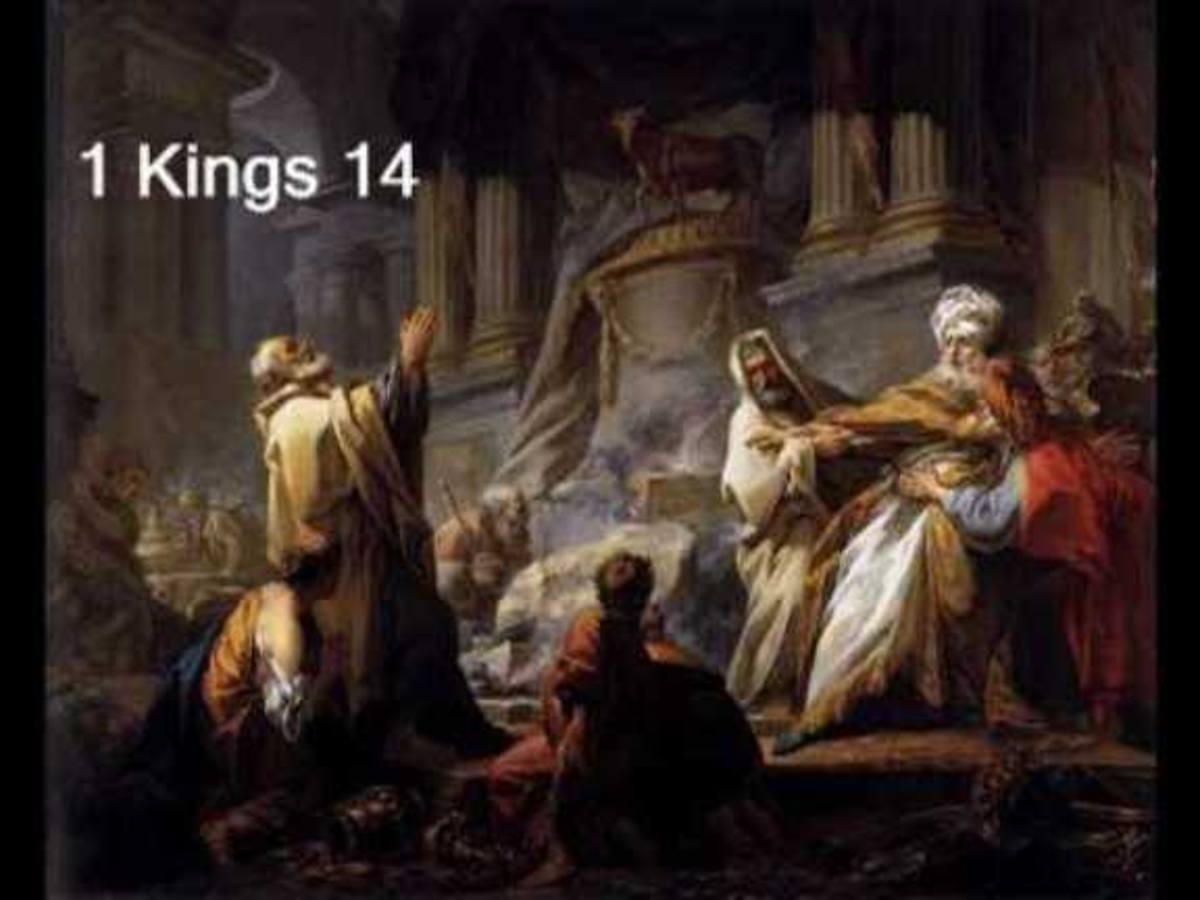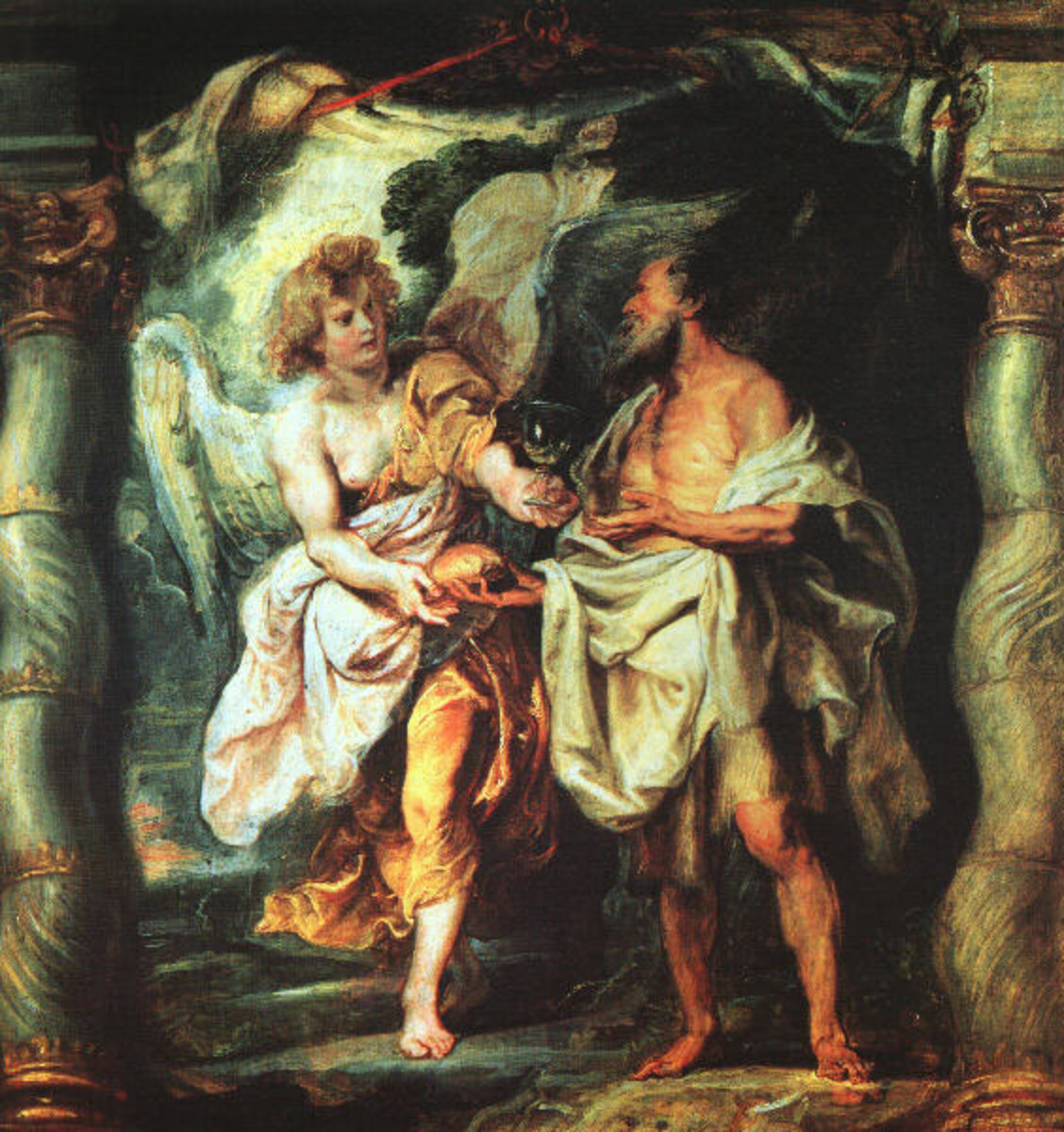Bible: What Does 2 Kings 3-4 Teach Us About Jehoram, Elisha, and the Shunammite Woman?
Jehoram, King of Israel
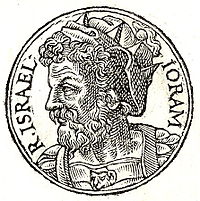
Resuming his discussion of the line of Israelite kings, the author now briefly examines the career of Jehoram the son of Ahab (v. 1).
While not as idolatrous as his father, he still behaves as Jeroboam did (vv. 2-3).
When Jehoram stops receiving the hefty tribute from Mesha king of Moab, tribute that Ahab had garnered during his reign (vv. 4-5), he seeks to destroy that nation with the help of Jehoshaphat (vv. 6-7).
Later, both kings join with the king of Edom, from whose land they choose to attack Moab (vv. 8-9a).
However, they do not properly calculate the toll that that waterless desert would take upon them and their animals.
Consequently, Jehoram despairs of life and indirectly blames Yahweh for so ordering their defeat (vv. 9b-10).
Finally, the only believer in Yahweh among the kings, Jehoshaphat, suggests that they seek help from Elisha the prophet; out of desperation, the others tag along (vv. 11-12).
Moab
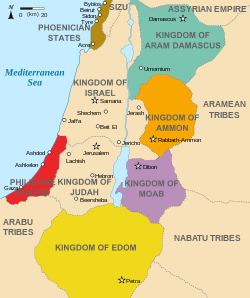
John MacArthur
When Elisha confronts idolatrous Jehoram, the king repeats his belief about the LORD's ulterior motive (v. 13; cf. v. 10).
Irritated by this unbelief, the prophet nevertheless decides to endure Jehoram's presence for the sake of Jehoshaphat (v. 14).
Calling for a musician, Elisha prophesies as this man begins to play (v. 15).
He orders men to dig ditches—a rather unusual command in the middle of a desert, one might say—and promises his audience that God will fill them with water (vv. 16-17).
Not only will the LORD give them to drink, but He will also grant them a devastating victory over Moab (vv. 18-19).
Surely enough, water fills the ditches by the next morning (v. 20).
In the meantime, Moab assembles every able-bodied male to battle.
As they look upon the fields, the Moabites see the water as though it were blood (vv. 21-22).
Thinking that the Israelite kings had kill each other, they rush forward to the supposed spoil (v. 23).
But instead of finding treasure, these enemies of God discover a revitalized Israel launching a surprise attack against them.
As Israel pursues and kills many of their enemies, they also destroy their cities and fields, stop up their springs, and cut down their good trees (vv. 24-25).
Moab's king and seven hundred of his men try to kill Edom's king, but do not succeed (v. 26).
Probably believing that Israel had destroyed his hope and that of his nation, the king sacrifices his own son upon the wall of Kir Haraseth (v. 27).
The Shunammite's Hometown
view quiz statisticsElisha's Servant
view quiz statistics2 Kings 4
A preacher's widow—down to her last jar of oil and soon to lose her two sons to the creditors—now stands in desperate need of Elisha's services (vv. 1-2).
Eager to help, the prophet advises her to borrow as many empty vessels from her neighbors as she can and then secretly pour the oil into all these containers (vv. 3-4).
She obediently follows his word, sending her sons to gather every spare vessel around the town, and God fills them all to capacity (vv. 5-6).
From the oil proceeds the widow can now pay her debt and support herself and her sons with the rest (v. 7; cf. 1 Kings 17:16).
The next account finds a Shunammite woman befriending and showing hospitality to Elisha, who often passed her home as he traveled (v. 8).
This woman convinces her husband to build the prophet a lodging place, so that he can sleep there (vv. 9-10).
One day Elisha asks her how he can repay her kindness (vv. 11-13).
Her response suggests that she expected nothing in return (v. 13b), but Elisha still desires to help her (v. 14a).
When he inquires of his servant Gehazi what he thinks he can do for her, the servant mentions that she has no son, and is unlikely to have one by her old husband (v. 14b).
Having the opening he sought, the prophet (through the benefit of revelation) promises her a son next year (vv. 15-16a).
Like Sarah of old, the Shunammite struggles with disbelief; but through faith she soon conceives and bears a son (vv. 16b-17).
Gehazi
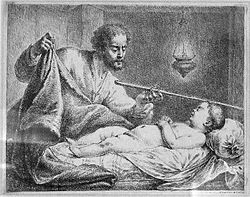
Years later, while "helping'' his father in the field, this young child complains of what appears, on the surface, to be a severe headache (v. 18).
Rather than personally care for his son, the man commands a servant to take him to his mother (v. 19).
[This apparent lack of concern and affection for the boy, his hostile reaction to the woman's request to visit Elisha (vv. 22-23a), and her not informing him about the boy's death (vv. 20, 23b) may indicate that the father resented the prophet's influence in her life].
The servant quickly rides her to Elisha in Mount Carmel (vv. 24-25a).
Seeing her afar off --like the father in the parable of "The Prodigal Son," he acts as though he were expecting a visit--, Elisha sends Gehazi to inquire after her health and that of her household.
When he asks her, she does not tell the servant the truth; that information she reserves for the prophet alone (v. 26).
Clinging to his feet (a practice forbidden to a woman in that culture), the Shunammite bares her anguished soul to him (vv. 27-28).
Elisha then urgently dispatches Gehazi with his staff to the boy's side, while he and the woman follow (vv. 29-30).
The servant's applying the implement to the boy's face does not heal him, however; only the personal presence and prayer of the man of God suffice to bring him back to life (vv. 31-33).
Elisha Raises the Shunamite's Son
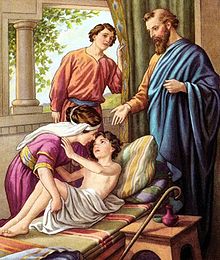
[Elisha's method of healing involved full-body contact: mouth-to-mouth, eyes-to-eyes, hands-to-hands, and body-to-body.
And he had to perform this procedure twice (vv. 34-35)].
Before picking up her little son, the Shunammite shows Elisha great respect (vv. 36-37).
Two more prophetic miracles conclude this chapter: the purification of the pot of stew (vv. 38-41) and the feeding of one hundred men (vv. 42-44).
The first sign occurs in Gilgal where Elisha is sharing a meal with the sons of the prophets (v. 38).
The servants prepare a wild gourd stew which, unknown to them, is poisonous (vv. 39-40).
By tossing in some flour, Elisha miraculously makes the food edible (v. 41).
Then in a wonder not unlike Christ's, Elisha, by the word of the LORD, feeds one hundred men with a knapsack of grain and twenty loaves of barley bread.
[This prophet, too, has his naysayer (v. 43)].
© 2013 glynch1



